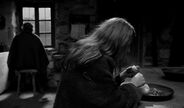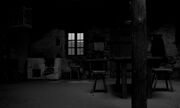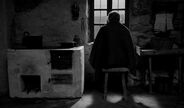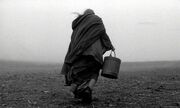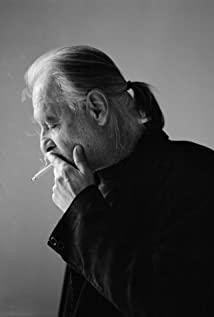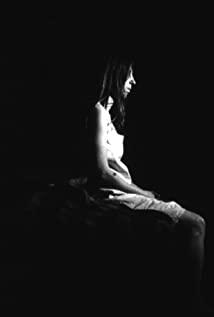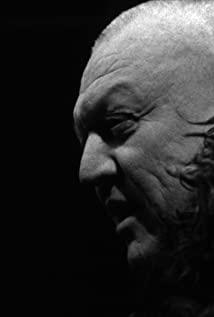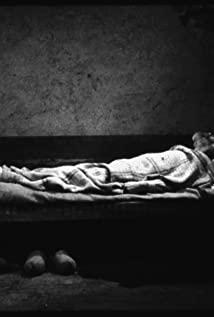Bellatar never discussed anything, he stood on the edge of the world, a place where there was no room for retreat. It can be said that he has no expectations for the world, so a simple plot, simple events, simple set, a person who is too lazy to speak more for the world, the film is like this.
I don't see any enthusiasm in him. By comparison, directors who are committed to exquisite color and exquisite story, whether it is Hollywood or art film, whether it is singing and dancing or moral anxiety, can't be shaken. Lose your nostalgia, loyalty, and addiction to this world.
Beratar's film just wants to express a conclusion. A man from London, we can still see that the man has fallen but still has some strength left to struggle, and now Beratar seems to be no longer struggling, but has got the answer. The answer is the last darkness on the horse of Turin.
He must have given up hope, because in this world, there is no difference between hope and despair, but with a little more effort. In the end, the only thing left is a kind of bare willpower, a kind of spirit left behind by the hero, to endure in the dark and not to gloss over fantasy.
Such a calm film, it is hard to believe that it was made last year. The world has fallen so fast, but Bellatar at least proves that there are still hopeless sobers.
View more about The Turin Horse reviews



